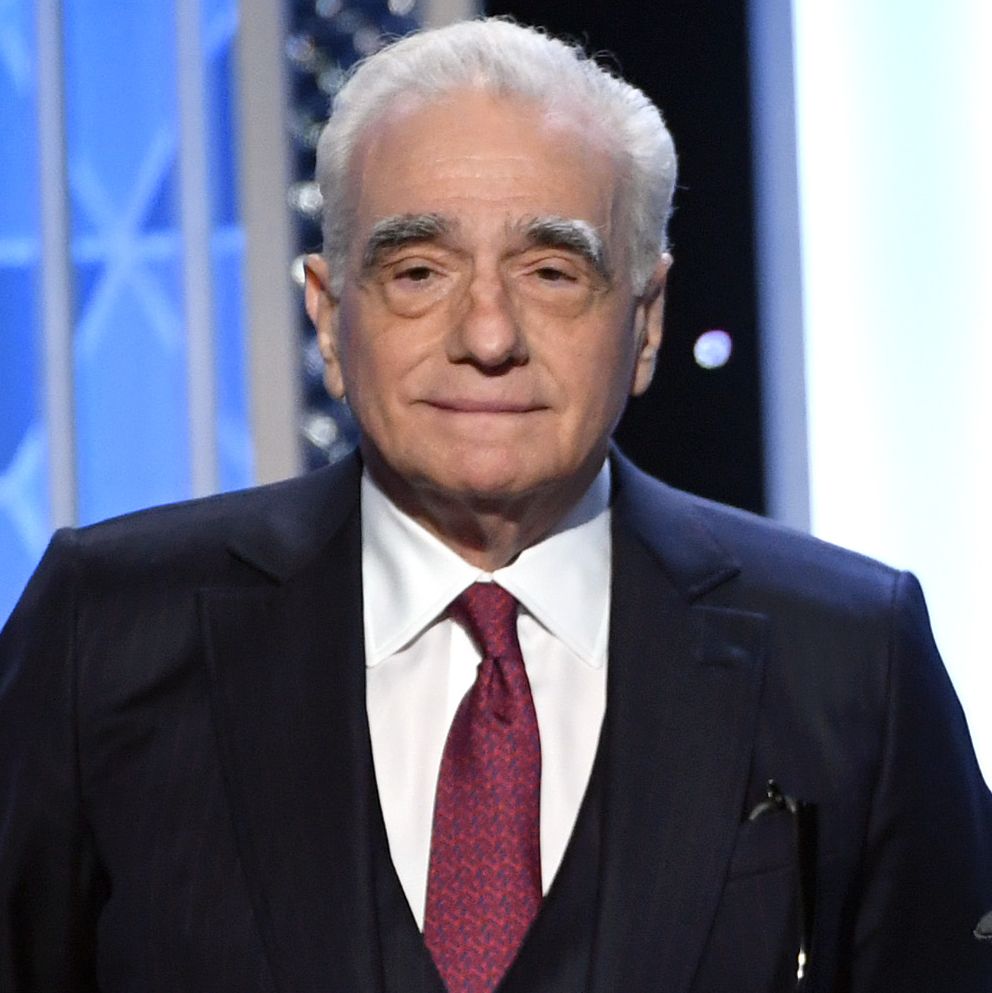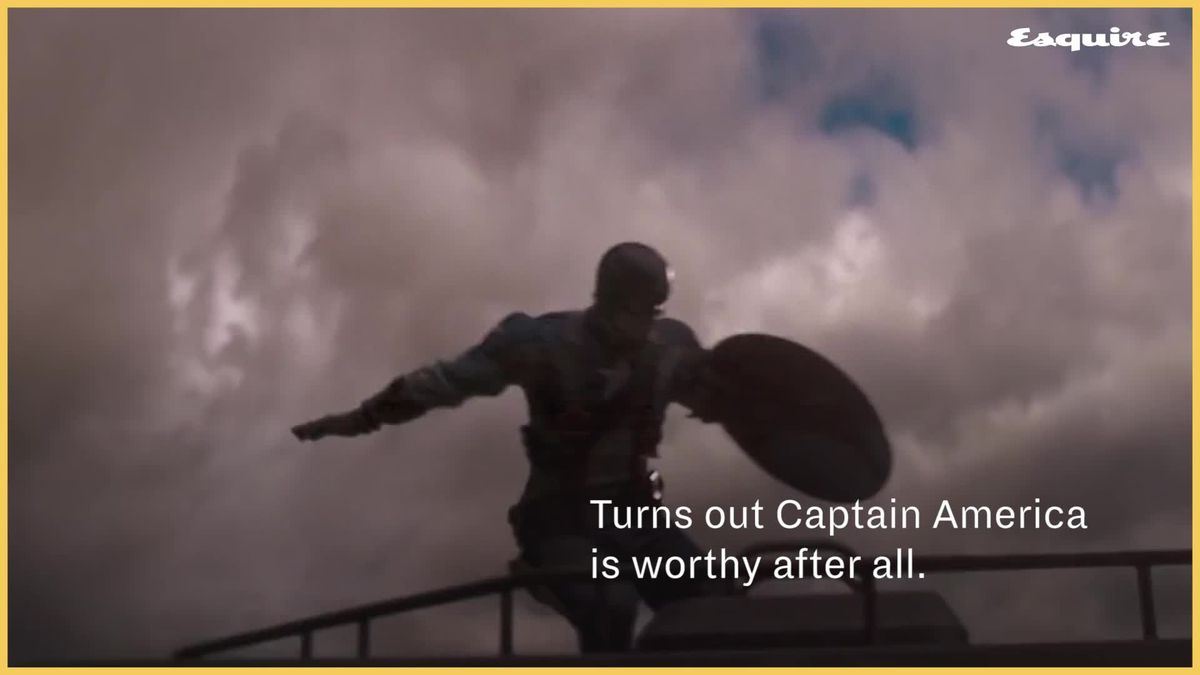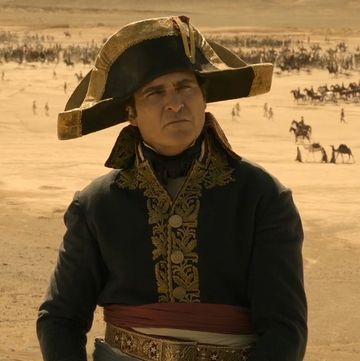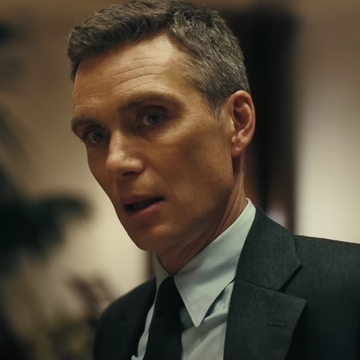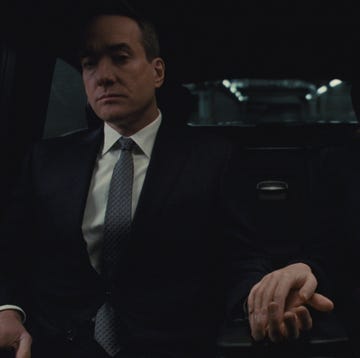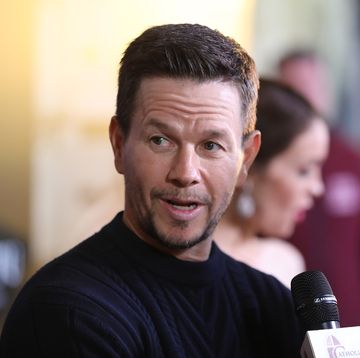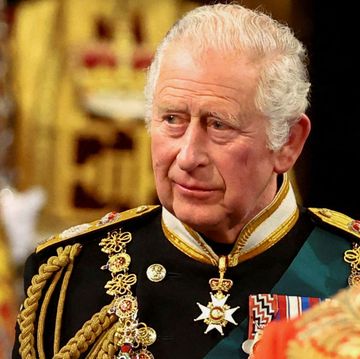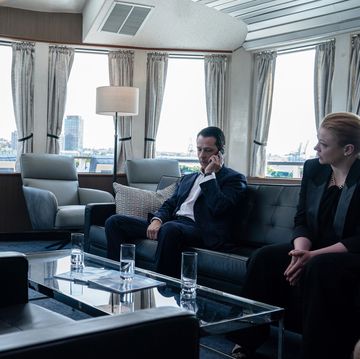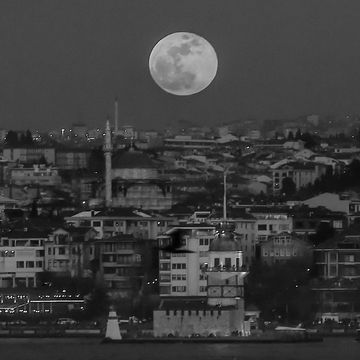The still-rumbling Martin Scorsese versus Marvel showdown, which has dragged in players as diverse as James Gunn, Francis Ford Coppola and Ken Loach, has taken another turn today, with Scorsese dropping an emollient – if unrepentant – opinion piece in the New York Times.
"Many franchise films are made by people of considerable talent and artistry," Scorsese writes. "You can see it on the screen. The fact that the films themselves don’t interest me is a matter of personal taste and temperament. I know that if I were younger, if I’d come of age at a later time, I might have been excited by these pictures and maybe even wanted to make one myself."
Which is nice. However.
"For me, for the filmmakers I came to love and respect, for my friends who started making movies around the same time that I did, cinema was about revelation — aesthetic, emotional and spiritual revelation. It was about characters — the complexity of people and their contradictory and sometimes paradoxical natures, the way they can hurt one another and love one another and suddenly come face to face with themselves.
"It was about confronting the unexpected on the screen and in the life it dramatised and interpreted, and enlarging the sense of what was possible in the art form."
In the Empire interview that kicked all this off, Scorsese said he felt Marvel films are "not cinema," and he explained what he meant a bit more there.
"Many of the elements that define cinema as I know it are there in Marvel pictures," he writes. "What’s not there is revelation, mystery or genuine emotional danger. Nothing is at risk. The pictures are made to satisfy a specific set of demands, and they are designed as variations on a finite number of themes."
They are "sequels in name but they are remakes in spirit," he writes. And then he comes to the nub of it: how the pressures of late capitalism, in the form of stagnating wages, rising ticket prices and the inclination to replicate films that have already succeeded, have stymied cinema.
"But the most ominous change has happened stealthily and under cover of night: the gradual but steady elimination of risk. Many films today are perfect products manufactured for immediate consumption. Many of them are well made by teams of talented individuals. All the same, they lack something essential to cinema: the unifying vision of an individual artist."
Which explains why despite his name being bandied around Joker for years, and its clear debt to his early films, he decided to pass and let Todd Phillips have a crack at it.
"I know the film very well," he told the BBC. "I know [Phillips] very well. My producer Emma Tillinger Koskoff produced it. I thought about it a lot over the last four years and decided I did not have the time for it. It was personal reasons why I didn’t get involved. But I know the script very well. It has a real energy, and Joaquin. You have remarkable work."
Scorsese also wasn't certain that he could wrangle with the Joker's origins convincingly enough to make the thing worthwhile.
"For me, ultimately, I don't know if I make the next step into this character developing into a comic book character. You follow? He develops into an abstraction."
Like this article? Sign up to our newsletter to get more delivered straight to your inbox
